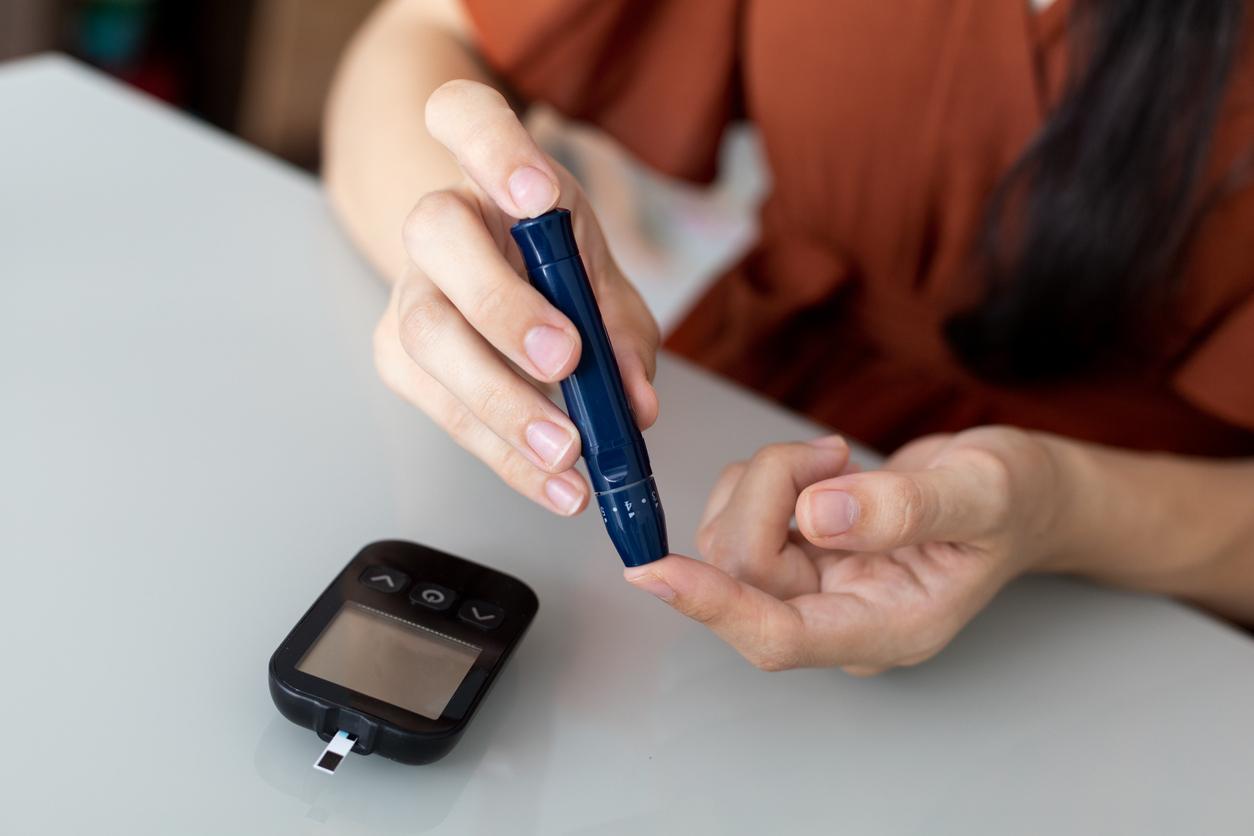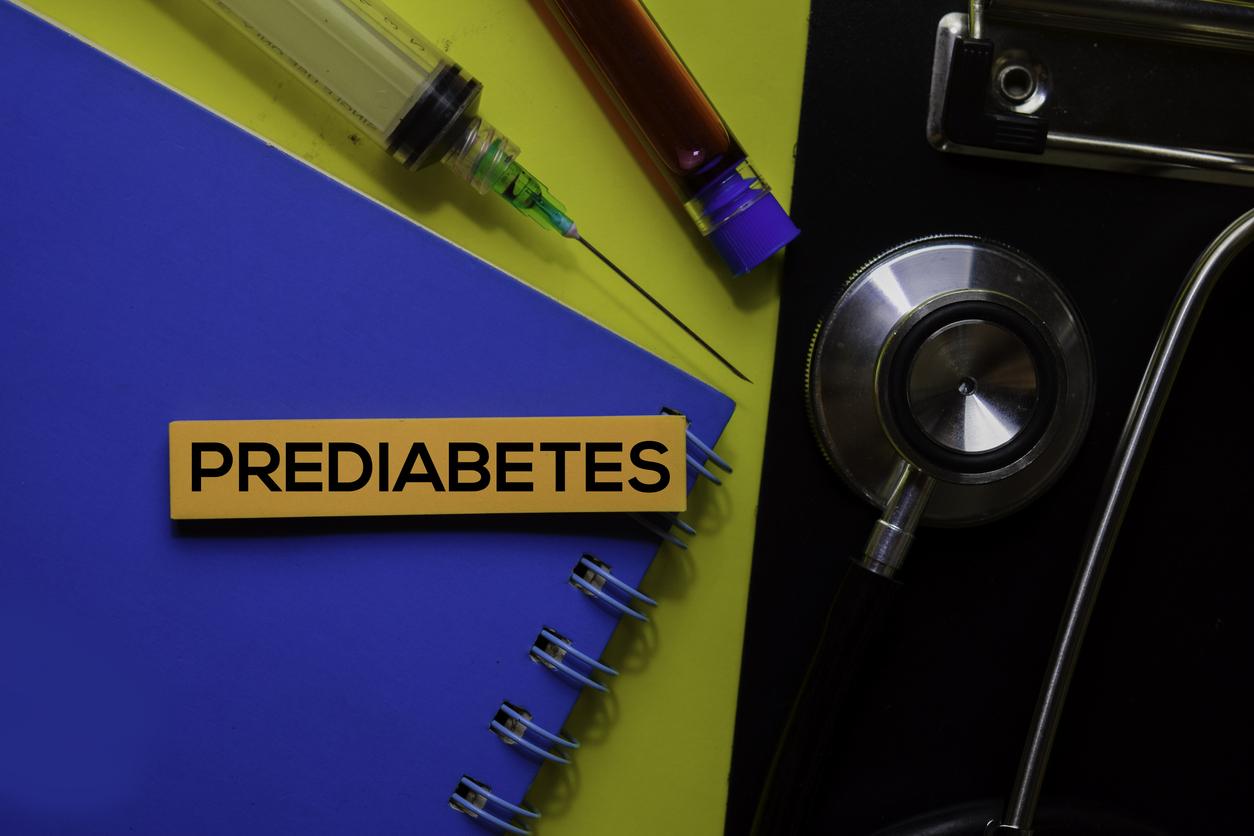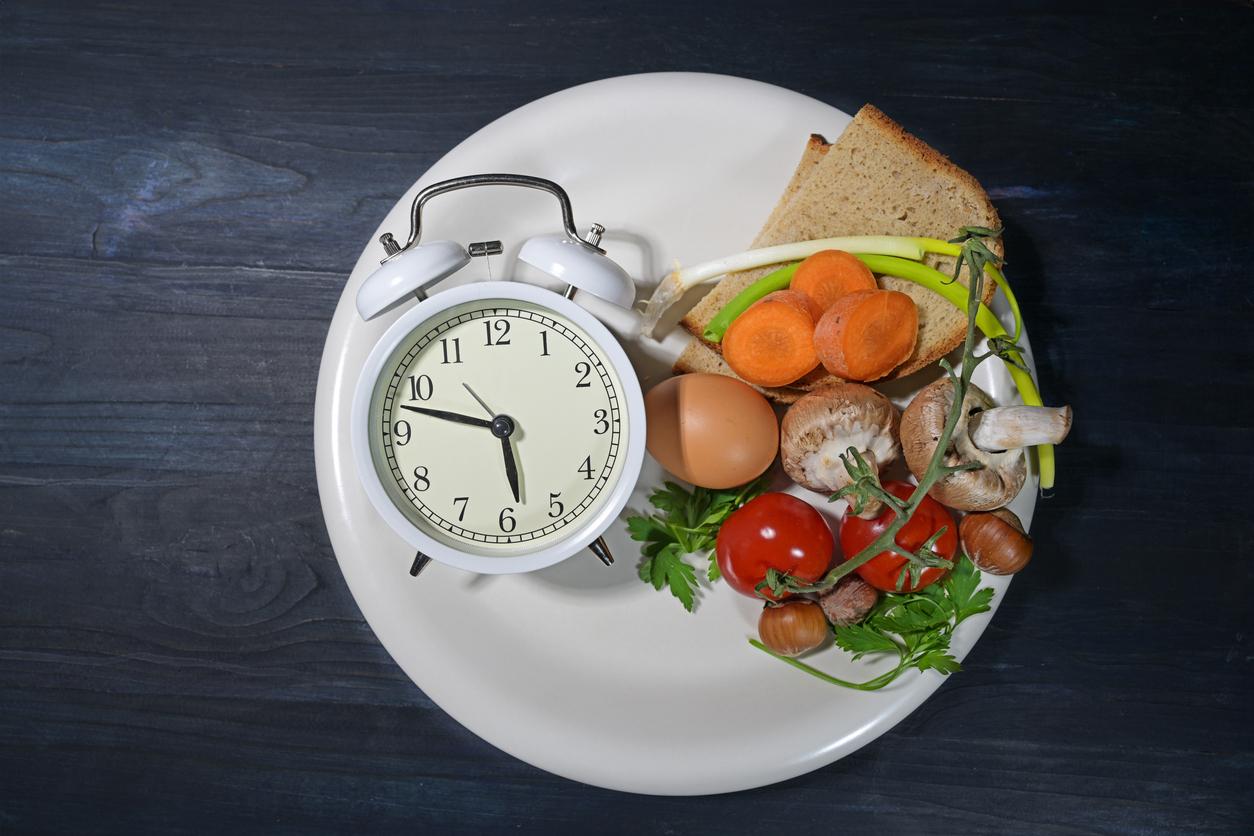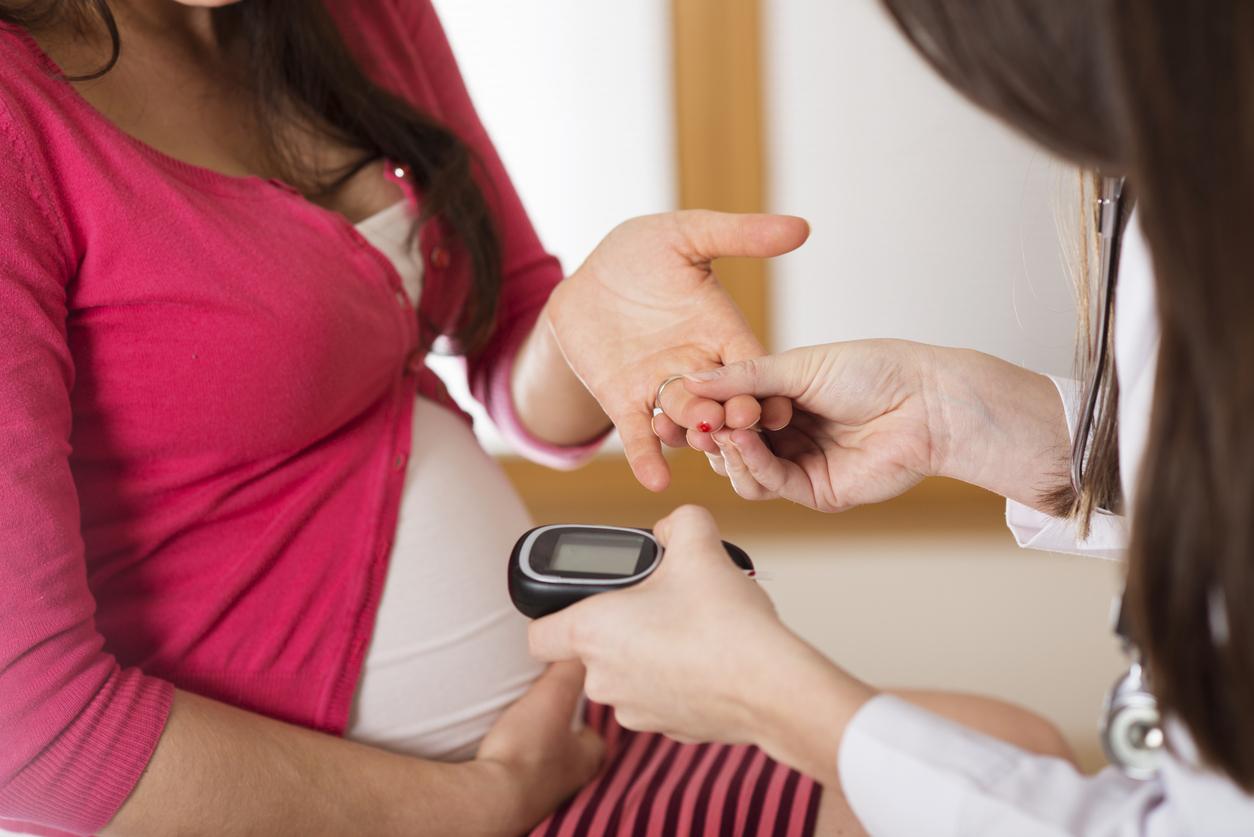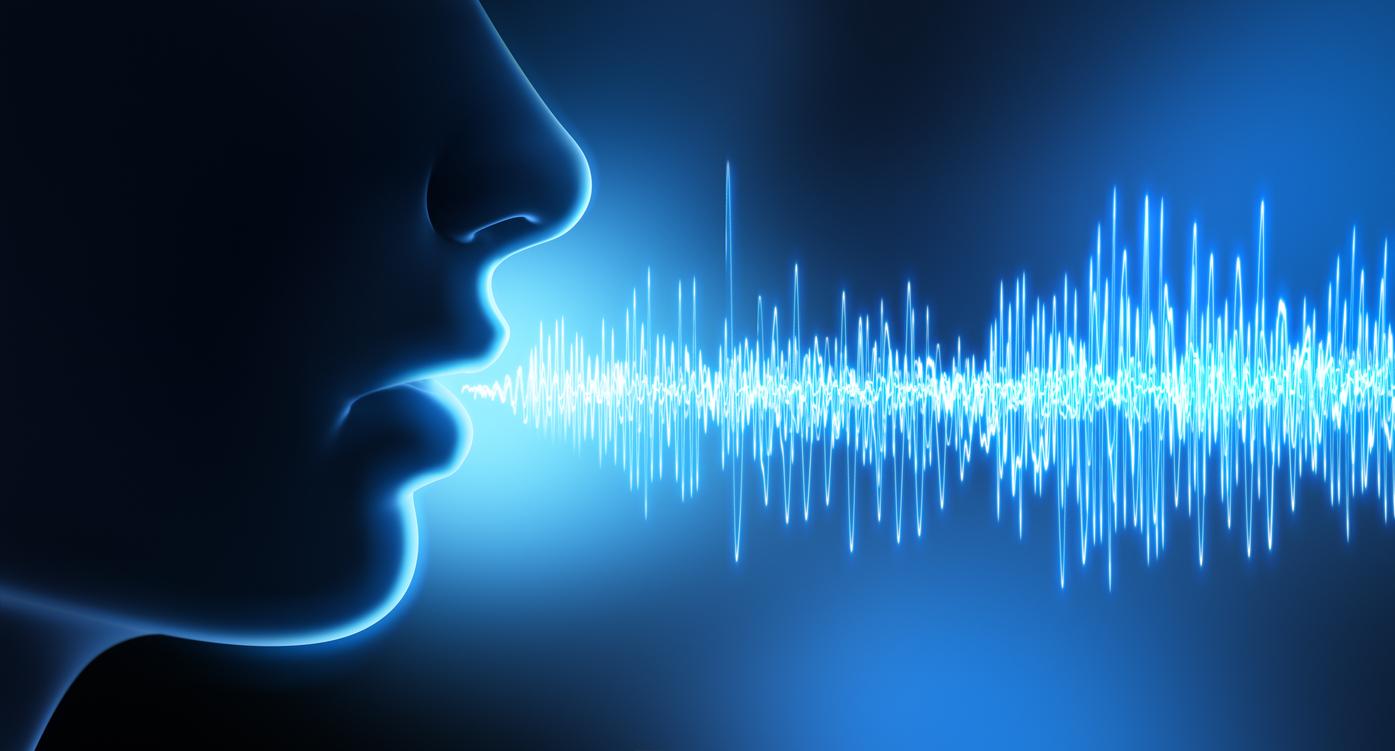A new study shows that people experiencing a sharp drop in their blood sugar levels tend to feel hungry more quickly and therefore consume hundreds of extra calories during the day.

- People who consume large amounts of sugars tend to feel hungry more quickly after their last meal.
- They also tend to consume an average of 300 more calories per day.
- This additional calorie intake can promote weight gain, up to 10 kilos per year.
- This feeling of hunger is due according to the researchers to a sudden drop in blood sugar, which is a more reliable indicator than the initial spike in blood sugar after a meal.
How to explain that some people, even after having had a hearty meal, have cravings a few hours after eating? And why do they have more difficulty losing weight? A new study by researchers at King’s College London has found the answer to these questions.
In a study published in the journal Nature Metabolismthey explain why some people sometimes find it difficult to lose weight even when following a calorie-restricted diet, and underline the importance of taking personal metabolism into consideration in order to eat well and be healthier.
Sudden drops in blood sugar a few hours after the meal
The study authors followed 1,070 people, whose blood sugar responses were measured after eating standard breakfasts and freely chosen meals over a two-week period. The standard breakfasts were based on muffins containing the same amount of calories but varying in composition in terms of carbohydrates, proteins, fats and fibers. Participants also completed a fasting glucose tolerance test to measure how well their bodies process sugar.
Participants also wore continuous glucometers to measure their blood sugar levels throughout the study, as well as a wearable device to monitor their activity and sleep. Finally, they recorded their hunger levels using an app, along with the exact date and content of their meals during the day.
After analyzing the data collected, the researchers found that some people experienced significant “sugar crashes” 2 to 4 hours after this initial spike, when their blood sugar levels quickly fell below baseline before rising again.
The difficulties in losing weight finally explained?
The researchers also noted that people who consumed large amounts of sugar were 9% more hungry and waited on average half an hour less before their next meal than people who consumed small amounts of sugar, while they ate exactly the same meals.
Heavy eaters also consumed 75 more calories within 3 to 4 hours after breakfast and about 312 more calories throughout the day than light eaters. This type of behavior can result in weight gain of up to nearly 10 kg in one year, the study authors estimate.
“It has long been suspected that blood sugar plays an important role in controlling hunger, but the results of previous studies were inconclusive. We have just shown that drops in blood sugar are a better indicator of hunger and hunger. calorie intake later than the initial blood sugar spike after a meal, which changes how we view the relationship between blood sugar and the foods we eat”says Dr Sarah Berry of King’s College London.
For Professor Ana Valdes of the Faculty of Medicine at the University of Nottingham, this new work explains why some people find it difficult to lose weight, or even gain extra pounds. This discovery may help them better control their weight and stay healthy.
.









